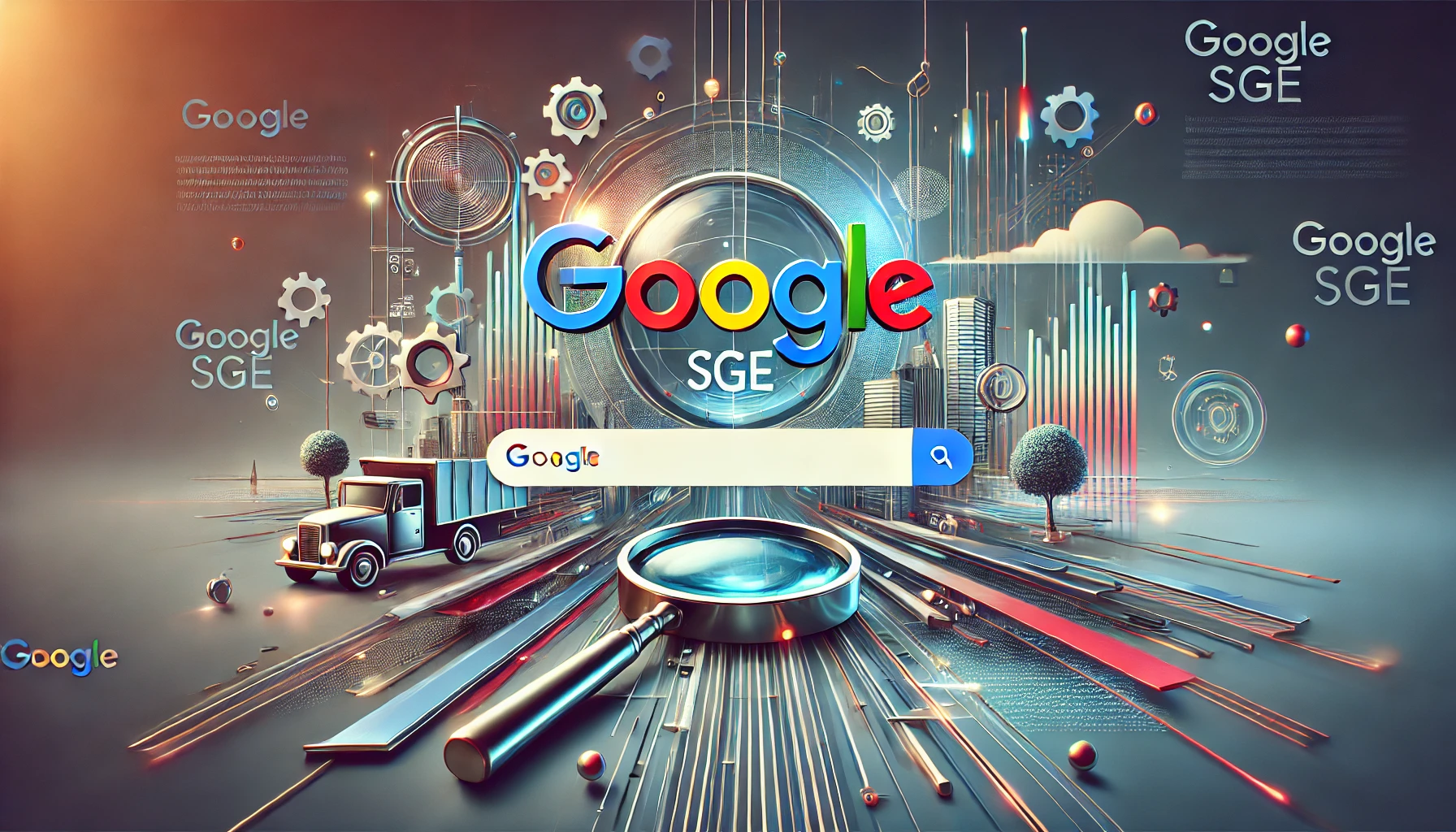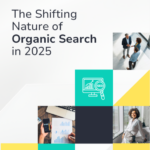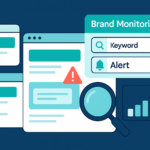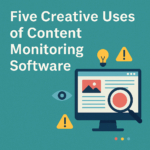08 Aug

While all of the attention is currently on Google’s antitrust case loss and the major implications it might have in the future for search and digital advertising, the reality is that any effects might take years to occur. In the meantime, digital marketers and SEO professionals who make their living on the daily fluctuations in search must continue to adapt to the current paradigm – one that has been in its own state of turbulence thanks to the combination of major core updates and news about generative AI overviews during the past year.
One of the first rules of trying to make predictions about Google’s search and advertising decisions is – don’t do it. The company has famously made significant changes seemingly on a whim in the past, and it’s more likely than not that the future is one of more (unpleasant) surprises than one easily foreseen. However, a look at the broader trends in search and user behavior and how Google would benefit from them does offer some hints as to where Google SGE is headed from here. Let’s go out on a limb with four bold predictions about the future of Google SGE, and what it might mean for digital marketing professionals.
Prediction #1: Generative AI won't become a permament fixture in search this year...
Despite Google’s massive increase in marketing behind its Gemini AI program, as evidenced by controversial Olympic ads and continued integrations of AI in upcoming smartphones from the company and its partners, Google SGE has already experienced a seesaw rollout. After a rocky launch that included misleading and downright inaccurate generative AI search responses, Google pulled back its previously announced widespread rollout of AI overviews. A daily search of the same term can include or not include an overview seemingly without prediction.
The reality for now is that marketers should view 2024 as a yearlong test phase for Google as it continues to balance a shift to AI to stay ahead of competitors like Perplexity or OpenAI, as well as a need to protect its lucrative advertising business that was fashioned around the previous search paradigm. It’s likely that a generative search experience that extends to all search results isn’t coming until 2025 at the earliest.
Prediction #2: Current search provides a roadmap for GEO
SEO professionals around the world are tearing their hair out trying to figure out how much of previously understood best practices (linkbuilding, meta tags, etc.) will apply in a GEO world. However, the scale of the spring 2024 Google updates and their wide-ranging impact should tell us that beyond simply adapting to AI-generated content, we should assume that the algorithm for returning generative AI is already being incorporated in traditional search results.
Content that clearly answers questions, greater incorporation of Reddit and LinkedIn content, and a clear reward for strong user engagement metrics are among the many learnings from this recent round of updates. SEO professionals should be incorporating these learnings into their strategizing for GEO now – not waiting for more news or rollouts from Google.
Prediction #3: SGE will incorporate ads directly within AI overviews
“What happens to paid ads?” That was the question on many minds when Google SGE was announced. Given the valuable real estate in search being allocated to AI overviews (often at the top, and if not the middle of page 1 results), it seemed that Google was taking a major risk with its own ads business by pushing AI results over paid listings. While the company has assured advertisers that they will still see success from search ads, the question of where those ads will appear and how cost and auction bids will be affected remains an open one.
The easy guess? Expect to see companies pay to have their ads appear within AI overviews themselves, either as hyperlinks within the content or as featured links. We already see links being returned in Google SGE right now, so it’s likely those first 3 spots that are visible on page load become the new prime ad real estate.
Prediction #4: Contenders like Perplexity and SearchGPT won't amount to much
We’ve saved the boldest prediction for last, and the logic behind it is ironically the same thing we started our post with – the recent antitrust case against Google. While contenders like Perplexity and SearchGPT have drawn notable PR and funding, these upstarts are facing the same challenge that Bing has for years – how to convince 90% of the world’s searchers to look somewhere other than where they have for 20 years.
While techies and digital marketing professionals may adopt these tools and share their love on social media, the reality is that most of the world’s population currently has no idea they exist. In addition to the broader awareness challenge, these companies must then spend and strategize on converting Google searchers to their engines – overcoming convenience, brand loyalty, and ease-of-use hurdles that each seem daunting on their own. While it’s not out of the realm of possibility that one of these Google contenders can potentially reach a market share comparable to Bing’s current size, the likelihood of anyone even seriously threatening Google is slim. Unless that threat is the U.S. Justice Department.
Adam Hausman has worked with ChangeTower since its founding in 2018 and is passionate about the potential of website monitoring software in industries including SEO, compliance monitoring, competitive intelligence, and more. Also founder of Greenlight Growth Marketing, he holds degrees from Indiana University (BA English/Psychology 2008) and the University of Illinois-Chicago (M.Ed. Secondary Education 2012). He lives in Maine with his wife, 2 kids, and 2 annoying cats.





Adam Hausman